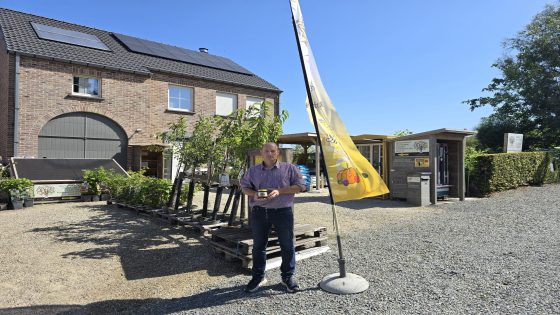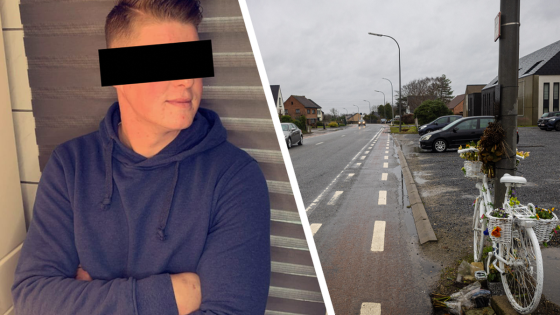Fruit thefts in Geraardsbergen have alarmed local residents after Jan De Ridder, owner of the Fruitbomenhof, fell victim to repeated thefts. Since early August, his business has been targeted three times by a brazen gang using a distinctive black Audi A3 with a Romanian license plate. These incidents, reported around 2025-08-10 15:17:00, highlight growing concerns over security in small local enterprises.
- Jan De Ridder suffers repeated thefts at Fruitbomenhof
- Thieves use black Audi A3 with Romanian plates
- Fruitbomenhof operates on trust and self-payment
- Jan files police complaints and shares images
- Invests €10,000 in extra security measures
- Limits access to appointment-only visits
Jan’s Fruitbomenhof operates on a trust-based system where customers pay via QR codes and bank apps even when he is not present. Unfortunately, this openness has been exploited, with thieves stealing honey jars, fruit trees, and plants worth around €600. The gang’s boldness has escalated, even surveilling Jan’s home before striking.
How can small businesses protect themselves while maintaining customer trust? And what measures can communities take to prevent such crime waves? These questions are crucial as the Fruitbomenhof adapts to this challenge.
This situation raises important points about balancing openness with security in local businesses. Jan’s experience shows how trust can be exploited, but also how communities can respond:
- Trust-based sales systems can be vulnerable without physical security
- Visible surveillance and vehicle identification help track suspects
- Community alerts and police cooperation are vital for prevention
- Investing in security infrastructure is necessary despite costs and delays
As Fruitbomenhof strengthens its defenses with cameras and gates, locals are urged to stay vigilant. Reporting sightings of the suspicious Audi can help catch the culprits. Will this community effort restore trust and protect local businesses from future thefts?

































